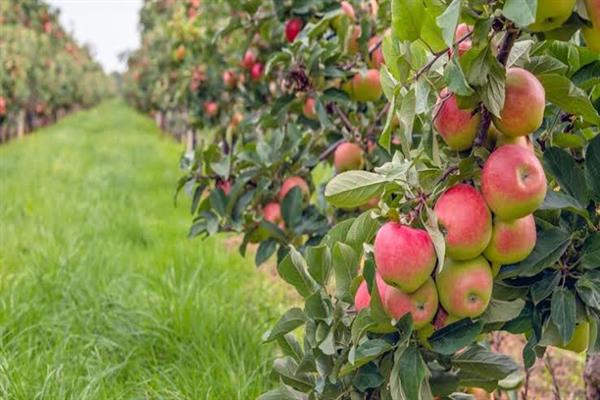Jammu and Kashmir, nestled in the lap of the Himalayas, is experiencing a sweeping transformation in its agriculture and horticulture sectors, ushering in a wave of prosperity for farmers and heralding a new era of economic growth and sustainability. With a rich agricultural heritage and diverse agro-climatic zones, the union territory is poised to emerge as a powerhouse in food production and horticultural excellence.
Ranked 3rd among all States/UTs in monthly income to agricultural households and recognized as the 5th best-performing State/UT in the Agriculture & Allied sector, Jammu and Kashmir’s agricultural landscape is undergoing a remarkable evolution. With approximately 70 percent of the population engaged directly or indirectly in agricultural activities, the sector serves as the backbone of the region’s economy, contributing significantly to its socio-economic development.
A plethora of crops thrive in the fertile lands of Jammu and Kashmir, with rice emerging as a staple crop, sown in summer and harvested in late September. Complementing rice cultivation, a diverse array of crops such as corn, millets, pulses, and vegetables including peas, beans, and lentils flourish during the summer season. In the winter months, wheat and barley take center stage, offering bountiful yields and sustenance to countless households.
The agricultural renaissance in Jammu and Kashmir is further underscored by robust support initiatives aimed at empowering farmers and enhancing their livelihoods. Through flagship schemes like the PM-Kisan scheme, more than a million beneficiaries from the region have received direct financial assistance totaling Rs. 1983.29 crores over the past three years, while 12 lakh farmers have been issued Kisan Credit Cards (KCC), facilitating access to credit and financial services.
Mohammad Ashraf, a farmer from Pulwama, epitomizes the success story of high-density apple plantation, a transformative initiative by the J&K government. Transitioning from traditional apple cultivation to high-density plantation, Ashraf witnessed a remarkable surge in productivity, with yields surpassing expectations and incomes soaring to new heights. Encouraged by his success, Ashraf has expanded his orchards, providing employment opportunities to numerous families and catalyzing economic growth in his community.
Similarly, under the National Saffron Mission, irrigation infrastructure enhancements and yield improvement strategies have doubled the income of saffron growers, while the GI tagging for saffron and basmati rice has unlocked new avenues for domestic and international marketing, bolstering the economic prosperity of farmers.
In a significant milestone, Jammu and Kashmir have recorded the export of over 2000 trucks of vegetables to different parts of the country, showcasing the region’s potential as a key contributor to India’s agricultural exports. Aspirational farmers like Baldev Raj and Mohammad Akbar Dar exemplify the transformative impact of horticultural diversification and collective empowerment, harnessing innovative techniques and market linkages to enhance their incomes and livelihoods.
With each passing day, Jammu and Kashmir’s agriculture and horticulture sectors are witnessing a paradigm shift, as farmers transition from subsistence to prosperity, emerging as job providers rather than job seekers. Through a blend of technological interventions, policy support, and entrepreneurial spirit, the region is poised to unlock its full potential, fostering sustainable growth, and prosperity for generations to come.




